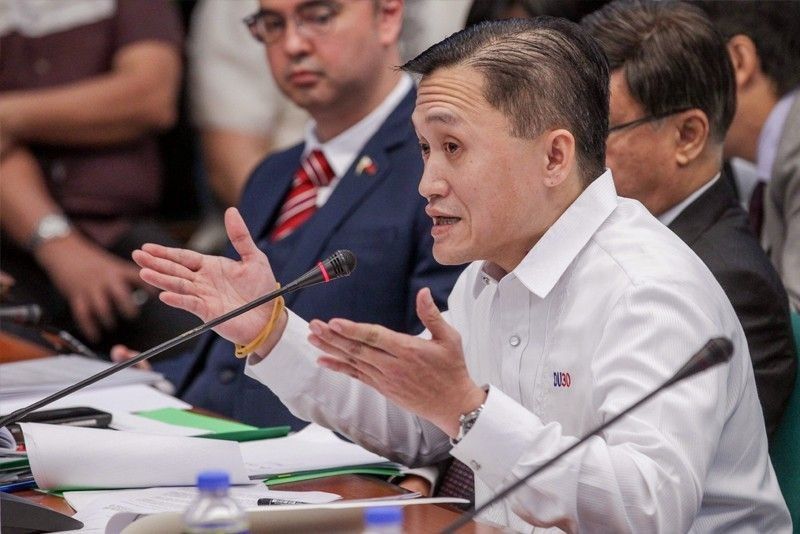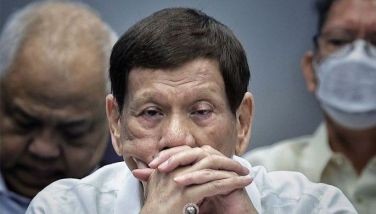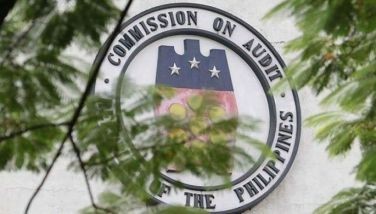Use technology, education sector urged

MANILA, Philippines — The education sector should innovate on the conduct of teaching and learning while adhering to physical distancing protocols and other measures set by the government to curb the spread of coronavirus disease 2019 (COVID-19), Sen. Bong Go said yesterday.
He said the continuing COVID-19 risk should highlight the importance of preparing for the “new normal.”
Go reminded concerned agencies and educational institutions to guide students in preparing for the next school year, considering that classes are supposed to resume as early as August while the world is still trying to put an end to the COVID-19 pandemic.
“Let’s now think of ways to enable students to learn while observing social distancing and other measures,” he said.
“We don’t know yet what will happened in the coming months. We’re trying hard to flatten the curve and end this crisis. We can’t be complacent, and what’s important is precautionary measures are in place that will check the spread of the disease,” he added.
He said government agencies need to come up with policies and programs that would help the people deal with the new normal.
He stressed that educational institutions should further explore online or distance learning so that the education of the youth will remain uninterrupted.
“Schools must also prepare their facilities and lay down protocols in preparation for the possible scenarios that students, teachers and education personnel will face when classes resume,” he said. “We can’t let them stop schooling.”
Go also urged the private sector, particularly telecommunications companies and media networks, to help the education sector by allowing their platforms to be used for educational purposes.
“Let us use technology available for distance learning just like virtual classrooms. Law mandates television networks to allot time for educational programs, this can be used as alternative mode of teaching and learning,” he said.
Go was referring to RA 8370 or the Children’s Television Act of 1997 which states that “a minimum of 15 percent of the daily total air time of each broadcasting network shall be allotted for child-friendly shows within the regular programming of all networks granted franchises or as a condition for renewal of broadcast licenses hereinafter, to be included as part of the network’s responsibility of serving the public.”
Meanwhile, Go also mentioned that in order to successfully implement the Balik Probinsya, Bagong Pag-asa (BP2) Program, the government must be able to further improve the education system nationwide and that schools in the provinces can accommodate more students.
Go said that the education system in rural areas must be enhanced to prepare them for the transfer of students from urban centers. Aside from the physical facilities of schools, Go said that a thorough review of teaching strategies based on new technology and availability of the internet for e-learning must be considered.
Go said he is encouraging the Department of Education, the Commission on Higher Education and the Technical Education and Skills Development Authority to work together and continue improving the quality and capacity of schools nationwide.
Go expressed his appreciation for DepEd’s Basic Education-Learning Continuity Plan (BE-LCP) aimed at ensuring learning among Filipino students even amid a global pandemic.
With school opening scheduled on Aug. 24, the DepEd said that schools may be allowed to hold physical classes as long as they meet health requirements set by proper authorities, both national and local.
Go noted that physical distancing can pose challenges to school authorities, given the limited number of classrooms and teachers in the country.
He appealed for more funding for the construction and repair of school facilities.
Last year, Go filed Senate Bill 396 seeking to amend Section 272 of the Local Government Code of 1991 by expanding the application of the Special Education Fund taken from the additional one percent real property tax.
- Latest
- Trending
































